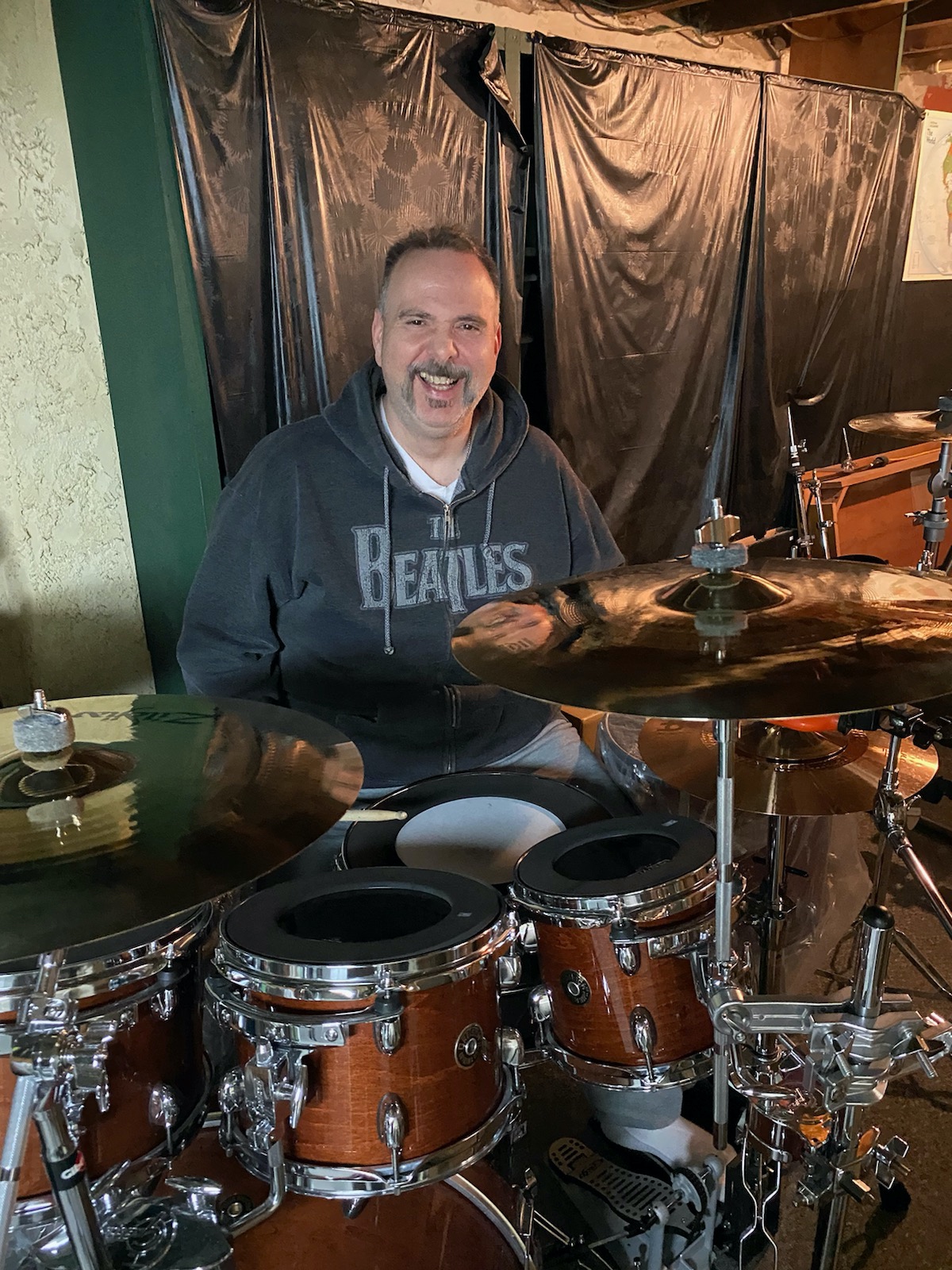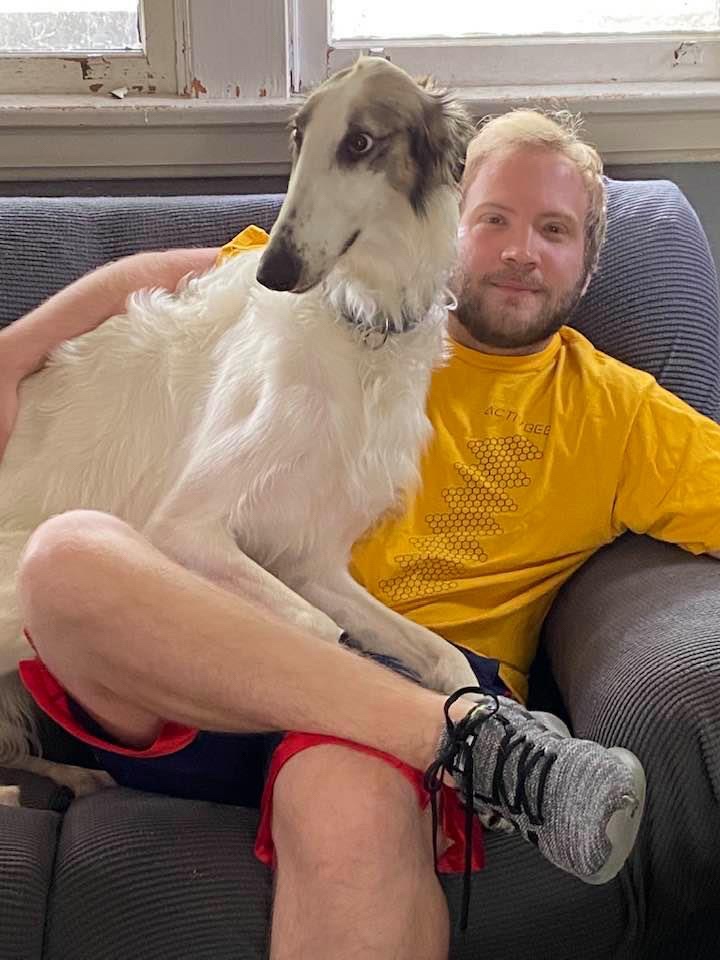Meet CW Therapists Jim and Max

Finding the right therapist that works for your mental health needs can sometimes be difficult. It is hard to know if a counselor will be the right fit just going off of a name and some credentials. At CW Psychological Services, we get it.
You are getting ready to share some of your most personal details with the counselor or therapist of your choosing, wouldn’t it be nice if you could also learn about them? That is why we asked our newest therapists to share a little about who they are.
CW Psychological Services is proud to welcome Dr. James Cianciulli, MA, LPC, and School Psychologist, and Maxwell Sheintoch, MA to our growing team. Here are their stories:
An Interview with Dr. James Cianciulli

What drew you to the therapy profession?
After a rocky start to college, I had an epiphany. I noticed how the unique skills and attributes of certain people were helping me to access my inner strengths and help me to succeed in ways I never imagined. That epiphany inspired me to study neuroscience and advanced psychology, including child psychology, with the hopes of guiding others.
What is your favorite thing about being a therapist?
I am never surprised by human potential and development. I enjoy the challenge of helping parents with disruptive or difficult children, and I am excited when individuals realize their own potential for growth and change – amazing!
Is there a personal challenge you’ve overcome that has made you a better therapist?
I experienced a serious physical and emotional trauma that nearly took my life and my spirit for living. As a result, I endured years of very painful physical therapy and emotional growth that paved the way for me to reconsider my options in life – to juggle my educational achievements and skills in a way that I could still serve others and enjoy my work.
What makes you unique as a therapist?
After 30 years, I am not sure if I am unique. I am accepting my limitations more often compared to my younger years, but I rarely give up. I am finding that, while society and people continue to evolve, there is very little about the human condition that is changed in terms of experiencing and coping with loss, trauma, sadness, and even joy.
How would you describe your therapeutic approach?
My approach is firmly rooted in the use of teaching and modeling skills, empowering children and parents to re-examine their general approach to situations, and evaluating the strengths and needs of the individual. Overall, I use a cognitive-dynamic approach that is equally grounded in positive parenting, individual psychology, and flexible cognitive-behavioral therapies.
Everyone needs self-care. How do you practice self-care?
I am an impassioned drummer since the age of five, and I continue to enjoy playing and listening to classic rock, progressive rock, as well as my family roots in Italian music! I am more recently attentive to my stress levels and I access meditation through music, walks, exercise, and even quiet prayers. I am also re-learning important nutritional values – balancing my dietary intake with important aerobic activity.
What is one thing that is important for anyone to know?
That everything, every day, every situation is a moment of potential. We, as human beings, take so much for granted; particularly during these digital times. We are fragile and precious, but so is the bounty of life all around us.
What’s most important to you?
Reminding myself, whenever possible, that action and the potential for change is available to me at any time. Everyday life presents so many distractions! Worry and anxiety befall us all, so it’s essential to drop back and remember the most important things in life – whatever that might be.
You can learn more about Jim here.
An Interview with Maxwell Sheintoch

What drew you to the therapy profession?
I was always interested in mental health and why people suffered from the time I was little. I wanted to understand what people could do to help themselves get better. I have a family member who was a psychologist and I always admired what he did and how he would talk about his work. Then, in high school, I took AP intro to psychology and loved the class and the topics that were discussed. The rest is history, I guess!
What is your favorite thing about being a therapist?
I love the process of trying to solve this puzzle with someone where you are both looking for answers and trying to figure out what is missing when it comes to helping them feel better. Also, I love when a client repeats back to you something that you had been telling them for a while and they finally seem to get it and understand!
Is there a personal challenge you’ve overcome that has made you a better therapist?
I lost my grandfather last fall, whom I was very close with. That was a very difficult experience for me and my family. I do think it has helped me be a more empathetic and caring clinician. It has also helped increase my understanding of what patients go through when they experience loss.
As a therapist, what are you most passionate about?
I am extremely passionate about helping others feel better. I’m not a strict ideologue when it comes to treatment. I want to use whatever techniques and tools that are evidence-based to help my clients get better. I am also really passionate about teaching various interpersonal skills to clients to help them better manage relationships with their partners and family members.
I enjoy helping those who are struggling with anxiety disorders, including panic disorders and Obsessive-Compulsive disorder. I am also thoroughly enjoying branching out to help various other populations including children/adolescents and the transgender community. I am finding that process extremely rewarding.
What makes you unique as a therapist?
One thing I think makes me somewhat unique as a therapist is that I enjoy working with people who are struggling significantly. I know that is not the case for everyone. I also try to inject humor into my work, although I try to strike a balance there.
How would you describe your therapeutic approach?
I would describe my therapeutic approach as mainly CBT with some other approaches incorporated. I aim to be collaborative to make sure that the things that we work on in therapy are things that clients want to change. Finally, I believe it important to not just discuss problems but to also practice various exercises. Whether that be leading clients in mindfulness meditations, doing in-session exposures, or collaboratively filling out thought logs.
Everyone needs self-care. How do you practice self-care?
I try to meditate two to three times a week to keep myself centered and focused. I try to go to the gym to exercise three to four times a week, but unfortunately, it tends to be less. Finally, I love playing tennis and ping pong!
What is one thing that is important for anyone to know?
Keep going. No matter how much mental or physical pain you are experiencing, if you just keep going and don’t give up things will eventually start to turn.
What’s most important to you?
My girlfriend, friends, and family are a big one. And, also possessing a strong value system that includes working hard and giving back to others is super important to me.
You can learn more about Max here.

